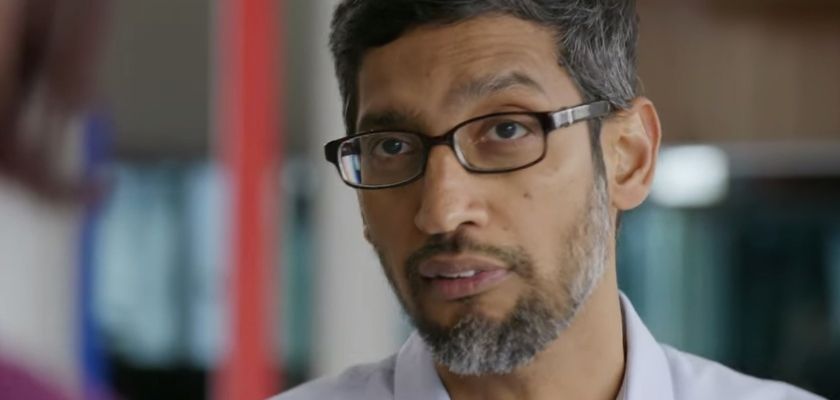Google CEO Sundar Pichai thinks that whatever problems his company’s video platform YouTube has – those are primarily “computer science problems.”
This transpires from an exclusive interview he has given to Axios on HBO.
Pichai has been talking to the press and penning op-eds a lot recently – but it’s not quite the apology tour many seem to be expecting.
Where Facebook CEO and founder Mark Zuckerberg earlier in the year sought to defend against the onslaught of criticism by, essentially, accepting it and promising to change for the better, Pichai seems to be taking a somewhat more defiant stance. But not much – it seems to boil down to him “declining to give YouTube a grade on its work,” as Axios phrased it.
During this latest interview, Pichai was quizzed about YouTube’s content policing practices, which nowadays often receive criticism as being too lenient towards what’s perceived as “hate speech.”
He remarked that in addition to being “a computer problem,” this is also “a hard societal problem” – while “we need better frameworks around what is hate speech, what’s not, and how do we as a company make those decisions at scale, and get it right without making mistakes.”
Finding a consensus first on what hate speech is, to then go about fixing the problem, seems like a sensible approach – but it might be what made Axios headline their piece about the interview as Pichai “defending YouTube practices.”
And the website pulls no punches in the article, somewhat boldly declaring YouTube to be Google’s biggest problem – “amid allegations it is fostering hate, enabling pedophiles and spreading misinformation.”
Meanwhile, Pichai’s talk of “computer science problems” and “making decisions at scale” appear to be references to Google’s weapon of choice: AI-powered machine learning.
Axios also referred to YouTube’s “most recent scandals and changes” – and mentioned that the interview with Pichai was conducted before YouTube first refused to ban the account of prominent conservative figure and comedian Steven Crowder, to then decide to demonetize his channel.
But it appears that these “changes” had already been in the works.
Pichai asserted that Google’s, and by extension, YouTube’s policy is to rank (search) content “based on quality.”
He then announced the blurring of the line between what YouTube says it expects from its users in the terms of service and in the community guidelines – and how things may play out in reality.
“We are bringing that same notion and approach to YouTube so that we can rank higher quality stuff better and really prevent borderline content. Content which doesn’t exactly violate policies, which needs to be removed, but which can still cause harm,” Pichai explained.













